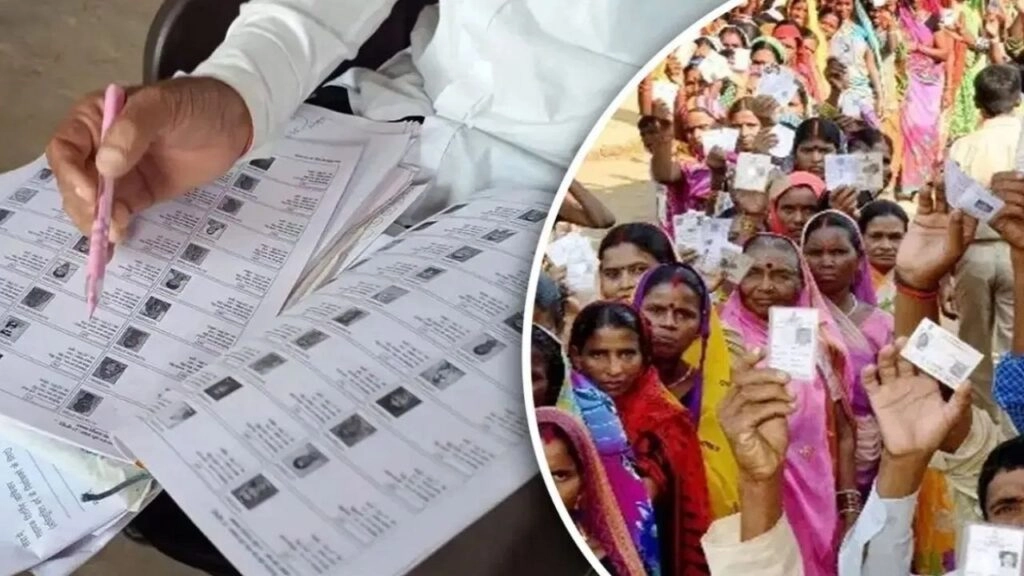In a significant political moment, Home Minister Amit Shah and Defense Minister Rajnath Singh have publicly commended Prime Minister Narendra Modi for the landmark reforms introduced under the Goods and Services Tax (GST) framework. This initiative, which has been characterized as a “historic decision,” marks a transformative shift in India’s taxation landscape. The GST, implemented in 2017, aimed to create a unified tax structure that would streamline the indirect tax system, enhance compliance, and foster economic growth. Both Shah and Singh emphasized the far-reaching implications of these reforms, which have simplified tax processes for businesses and consumers alike.
Amit Shah highlighted how the GST has not only harmonized various state and central taxes but has also contributed to the ease of doing business in India. By eliminating the cascading effect of taxes, the GST has allowed for better pricing strategies and increased transparency within the market. Rajnath Singh echoed these sentiments, stressing the role of GST in boosting revenue collections for the government while ensuring that consumers benefit from lower tax burdens. Their statements underscore a broader narrative within the Modi administration that celebrates economic reforms as a means to propel India towards becoming a $5 trillion economy.
The praise from Shah and Singh reflects a strategic political narrative that positions the Modi government as a harbinger of progressive economic policies. The implementation of GST is viewed as a critical step in modernizing India’s economy, facilitating inter-state trade, and creating a more competitive business environment. As the government continues to promote the benefits of the GST, it aims to further solidify its commitment to economic reform and innovation. This endorsement from senior party leaders not only reinforces the significance of the GST but also serves as a rallying point for the ruling party ahead of upcoming elections, where economic performance will be a decisive factor for voters.




